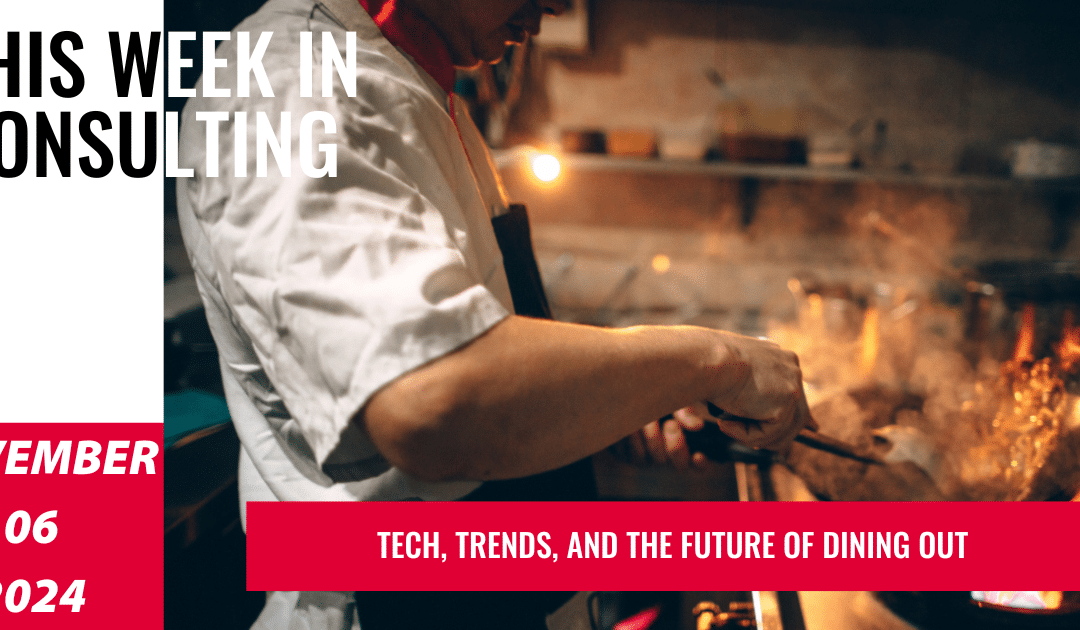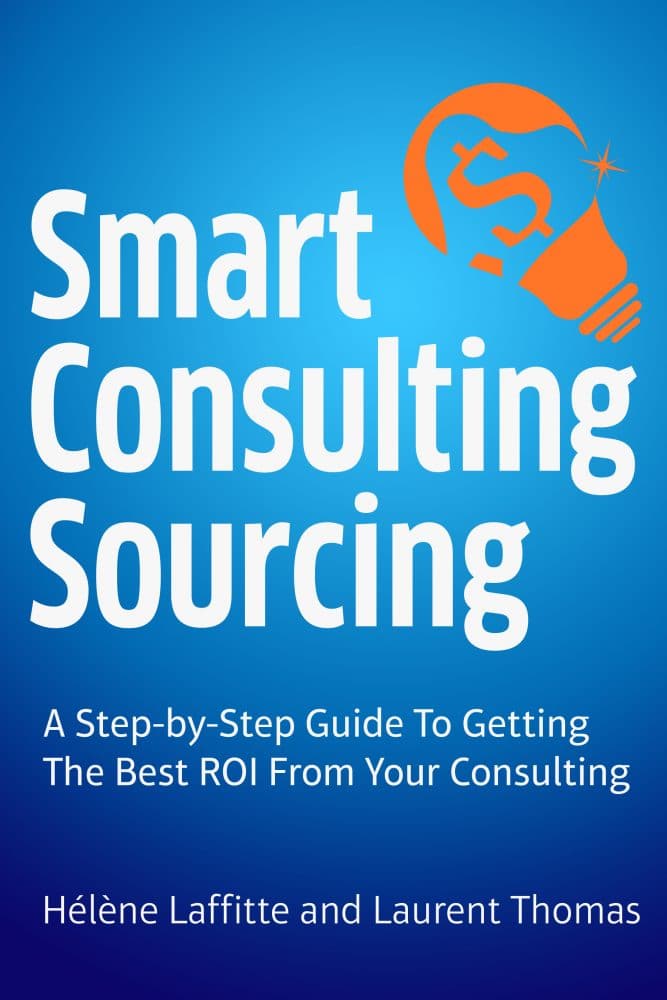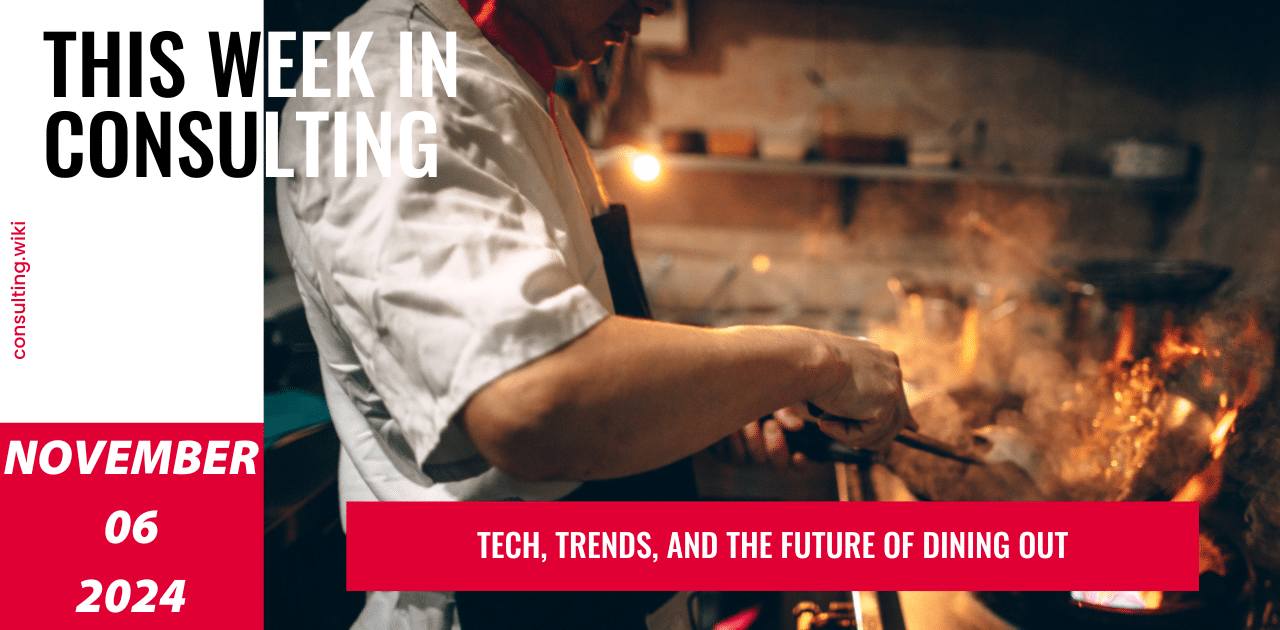
Should client organizations stop working with large consulting firms?
Short answer: No. But why exactly?
The recent scandal with the NHS Test & Trace system led by Deloitte is on many minds. And many executives are frustrated with the increasing prices, the lack of actionable recommendations, and the juniorization of the consulting teams
Should client organizations stop working with large consulting firms?
And indeed, there are many small to mid-sized consulting firms with high-quality consultants and deep expertise to service their needs.
Is it, however, a good reason to throw out the baby with the bathwater?
READ ALSO
Leverage the Covid-19 crisis to decrease your consulting costs –Act as a “risk-sharing partner.”
The market is incredibly rich and diverse –
There are roughly 10,000 Consulting Firms globally, representing 250,000 consultants, without counting the independent Consultants. As a rule, large Consulting Firms tend to be one-stop shops (offering all capabilities and industries in most geographic regions). At the same time, smaller companies are more often focused on one or two dimensions only.
Most Procurement Executives are looking at the market through the lens of capability/industry. They know that one-stop shops such as Mc Kinsey, Bain & Company, Booz Allen, Big 4, and consorts can cover the full spectrum. They identify a few other players focused on one capability or one industry. But this is not the only way to look at the market…
You can also screen the market through the Strategic vs. Operational dimension. Strategic Consulting is about high-level strategy, transformation, large organization projects, very often at the Company’s highest level, as opposed to more operational projects such as lean, team effectiveness, purchasing, etc.
Sometimes the same capability can be approached with either a Hard or a Soft angle. If we take the org design capability, Hard would be org charts, job descriptions, processes, handbooks, while Soft would be team alignment, culture, change management, and talent.
And many other dimensions can be used to screen the market: Strategy Players with a touch of digital vs. Digital Players with a zest of strategy, Global vs. Local, Blue Chips vs. SMEs, Diagnosis Experts vs. Implementation Specialists, etc.
Consulting Firms are rarely present on the whole spectrum for one dimension, even the large ones, but the odds are quite high that whatever your problem is, there is a Consulting Firm focused on it.
But ultimately, it is about the people –
As surprising as it may sound, identifying a Consulting Firm with the right expertise only gets you halfway there.
Consulting is a human-to-human service, and consultants are not commodities. To better source a project, executives need to understand who the people behind the Consulting Firms are and assess the fit with your Company’s context and culture.
The background of consultants can be essential to understand the type of projects they can work on. For instance, life-long consultants will bring you perspective and benchmark, while former executives can bring you hands-on experience.
Always ask for detailed consultants’ detailed profiles with a specific focus on those that will ultimately ensure the project’s delivery.
Each consulting firm has its own DNA –
Suppose you can position a company on all these dimensions. In that case, you can identify its DNA Profile, understand in what range of projects they add the most value and assess their proposal with reasonable expectations. Ultimately that will allow you always to maximize the chances of success for your Company.
If you want to accelerate the execution of a project and mobilize a significant amount of resources in a top-down fashion (post-merger integration, for instance), large firms with their very pyramidal organization and their very structured processes and methodologies can be the right fit.
We recently heard a CEO explaining to the company employees in the context of a large transformation: “Do not worry, we use one of the most famous brands and have spent millions in Consulting, the execution will be flawless.” Not sure this convinced the employees amid the restructuring, but this was definitely his prime criteria.
Suppose you want to align and embark your management team on a disruptive transformation. In that case, you may want to leverage a boutique firm’s expertise and seniority that can customize on the fly their methodology to maximize appropriation.
Sometimes the Consulting Firm that led a very detailed analytical diagnosis is not necessarily the right one to facilitation the change process.
The right consulting firm is the one that will get you the best ROI for your project. And you often don’t know before you lay down the expectations if you should work with a small boutique or a blue-chip consulting firm.
Don’t underestimate the political value of your project–
It is no secret that there are political moves at play within any bigger or even smaller organization. And it often gets tricky to navigate complex terrain, even for an Executive, and especially for an Executive. However, consultants can effectively contribute to smoother processes, introduction, and facilitation of new measures, and much more.
A recent example of this political value is how the NY State Governor, Andrew Cuomo, has used the McKinsey prediction model on top of the Columbia University model in march 2020. Both organizations have stellar reputations. In a situation where you need to justify a decision or use a scapegoat working with a large consulting firm is your only solution.
More generally, the visibility of a project at the shareholder or the board level can legitimate working with large consulting firms. Also, you can work with the consulting firm used by the upper level. The consultants will speak favorably on the project, and who could criticize your choice if you use the same?
Sourcing Consultants is not easy, but there is hope –
As we see, choosing the right consulting firm is complex. There are many parameters to consider. And building a solid list of preferred providers and identifying who would be best depending on your context, is a real jigsaw puzzle. But that is also what makes consulting sourcing so interesting and so impactful when done properly. And the good news is that it is possible, with the right approach and the adequate level of consulting knowledge, to do it right.
Consulting sourcing tips

How to negotiate framework agreements for consulting to your advantage?
How to negotiate framework agreements for consulting to your advantage?

Make-or-buy for consulting services 101
Make-or-buy for consulting services 101

Does Category Management apply to consulting?
According to the CIPS, Category Management enables procurement professionals to focus their time and conduct market analysis to leverage their negotiations fully and correctly manage their suppliers in alignment with the corporate objectives.
Previous Weeks’ issues

Navigating Change Management: Principles, Challenges, and Expert Insights | This Week in Consulting
In this edition of This Week in Consulting, we offer insights into the latest challenges, innovations, and strategies driving growth and resilience in the restaurant industry.

How Restaurants Are Cooking Up Success in a Changing World | This Week in Consulting
In this edition of This Week in Consulting, we offer insights into the latest challenges, innovations, and strategies driving growth and resilience in the restaurant industry.

Challenges and Transformations in the Global Chemical Industry | This Week in Consulting
In this edition of This Week in Consulting, we explore key pricing strategies, challenges, and how to stay competitive by examining various pricing models, highlighting their pros and cons.
Choose the best next step for you
Buy the Book
Talk to us
Hélène Laffitte is the CEO of Consulting Quest, a Global Performance-Driven Consulting Platform and author of “Smart Consulting Sourcing”, a step by step guide to getting the best ROI from your consulting. With a blend of experience in Procurement and Consulting, Hélène is passionate about helping Companies create more value through Consulting.







